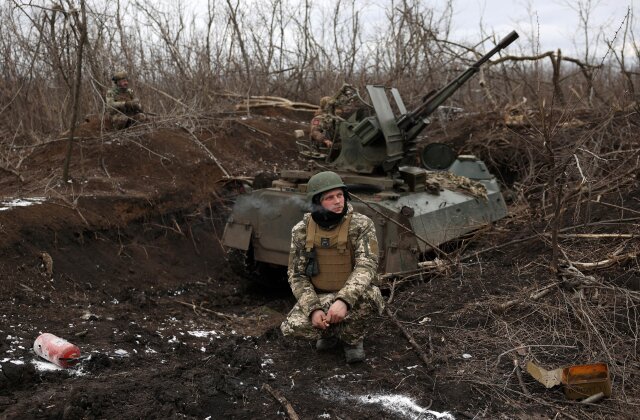[ad_1]
MOSCOW (Reuters) – The Kremlin on Monday rejected reports that Russian military intelligence may be behind the mysterious “Havana syndrome” illness that has afflicted U.S. diplomats and spies globally.
Insider, a Russia-focused investigative media group based in Riga, Latvia, reported that members of a Russian military intelligence (GRU) unit called 29155 were placed on the scene of alleged health incidents involving US personnel.
The year-long insider investigation, in collaboration with 60 Minutes and Germany’s Der Spiegel, also revealed that senior members of Unit 29155 received awards and promotions for work related to the development of “non-lethal acoustic weapons.”
“This is not a new topic; the topic of the so-called ‘Havana syndrome’ has been exaggerated in the press for many years and from the very beginning it was linked to accusations against the Russian side,” Kremlin spokesman Dmitry said. ” Peskov told reporters when asked about the report.
“But no one has published or expressed any concrete evidence of these baseless allegations anywhere,” Peskov said. “Therefore, all this is nothing more than baseless, baseless allegations by the media.”
Latest photos from Ukraine

A US intelligence investigation, the findings of which were released last year, found it was “highly unlikely” that a foreign adversary was responsible for the disease, first reported by US Embassy officials in the Cuban capital Havana in 2016. Did.
Photos you should see

Symptoms of the disease include migraine, nausea, memory loss and dizziness.
Insider reports that the first occurrence of “Havana syndrome” symptoms may have occurred before 2016.
“Potential attacks were suspected two years ago in Frankfurt, Germany, when a U.S. government employee stationed at the Consulate there was knocked unconscious by what appeared to be a strong energy beam,” it said.
The US Congress passed the Havana Act in 2021, authorizing the State Department, CIA, and other US government agencies to provide payments to employees and their families affected by the disease while on assignment.
(Writing by Guy Faulconbridge; Editing by Andrew Cawthorne)
Copyright 2024 Thomson Reuters,
[ad_2]
Source link
